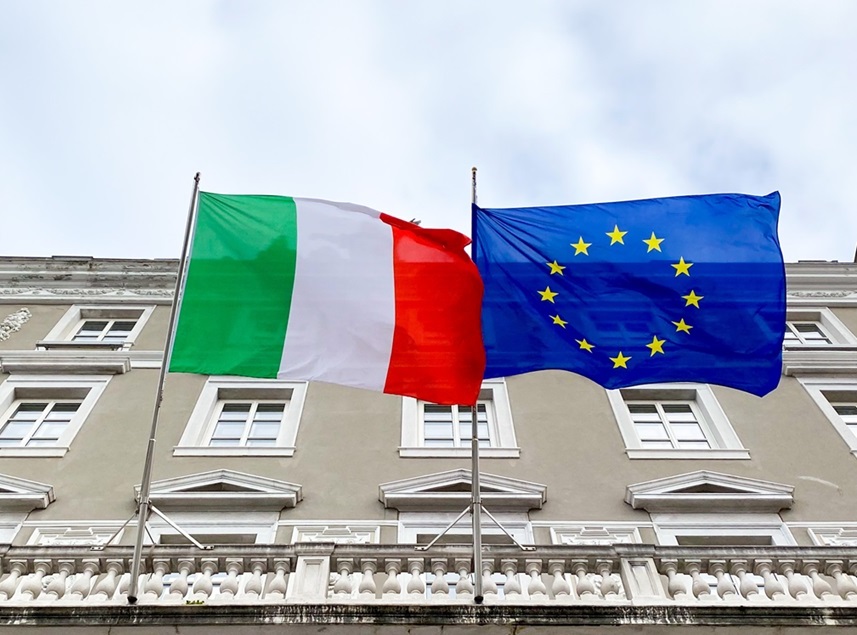The Prime Minister of Italy calls for safeguarding the EU's external border to preserve the Schengen agreement
Protecting the external borders of the EU is the sole means to avoid the erosion of the Schengen agreement, stated Italian Prime Minister Giorgia Meloni.
During her remarks to the Senate regarding the upcoming European Council meeting on October 26 and 27, she expressed concern about the potential fragmentation of the Schengen Area.
The most recent reports from our intelligence have confirmed to us that the Balkan route and these operational methods of infiltration the greatest risks may come for us, and this is the reason that pushed the government to intervene promptly, suspending Schengen and restoring border controls with Slovenia.
Meloni
Italian PM thanked the law enforcement authorities in Slovenia and Croatia for their close collaboration.
On October 18, authorities in Italy announced their decision to reintroduce controls on the border with Slovenia, set to last for a period of ten days, which can then be further extended.
Israel-Hamas war, terrorist attacks in France and Belgium, and fears of irregular border crossing attempts are among the reasons that led several countries to reimpose border controls.
Meloni expressed her concerns about the risks connected to the radicalization of often irregular migrants, stressing that her country has seen a significant increase in the number of migrants reaching its shores from North Africa by sea this year.
She also stressed that the European Council President, Ursula von der Leyen, addressed a letter to the Council introducing new measures set to strengthen the legal framework and European policies in order to combat human trafficking.
Recently, the Italian Interior Minister, Matteo Piantedosi, said that his country will probably extend controls on the border with Slovenia until next year.
According to the Minister, a total of 3,142 people and 1,555 vehicles had been checked as of Monday. He revealed that police officers tracked down 66 migrants and arrested two people, one of them subject to aiding and abetting irregular migration charges.
Italy, together with Slovenia and Croatia, became the latest countries to introduce border controls.
The Slovenian government announced that controls at its common borders with Hungary and Croatia would be initiated, set to last for ten days at least.
Prime Minister of Croatia, Andrej Plenkovic, also confirmed that it would impose similar measures with Slovenia.
Denmark also announced that controls at the border with Germany would be prolonged for six months, as confirmed by the Ministry of Justice.
Fears over irregular migrants led Austria, Czechia, and Poland to prolong controls at their border with Slovakia until November 2 at least.

